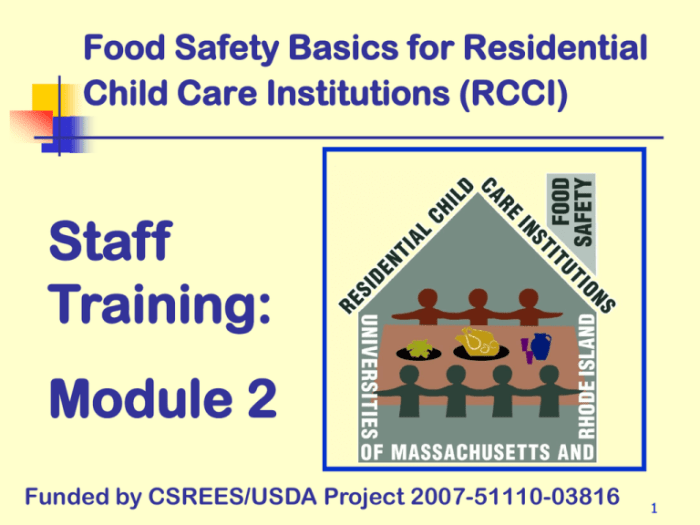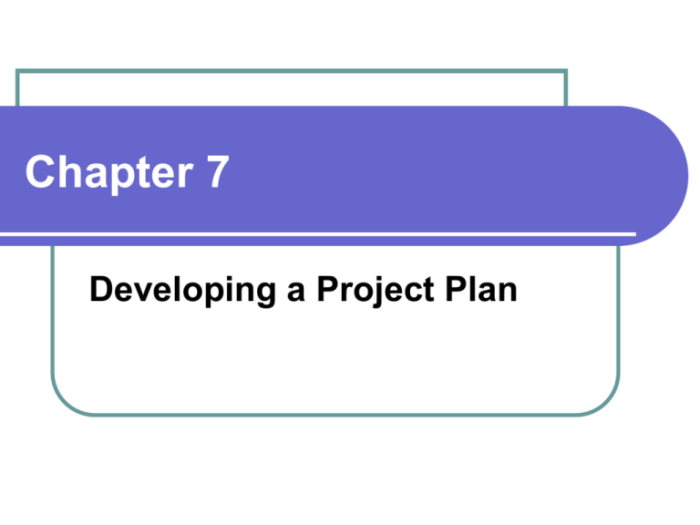Skills Module 3.0 Virtual Scenario Nutrition ushers in a groundbreaking approach to nutrition education, seamlessly blending virtual scenarios with interactive learning methodologies. This module empowers learners to immerse themselves in realistic nutrition-related situations, fostering critical thinking, problem-solving, and decision-making skills.
With its innovative design and engaging content, Skills Module 3.0 Virtual Scenario Nutrition revolutionizes the learning experience, empowering individuals to make informed and healthy nutrition choices throughout their lives.
Overview of Skills Module 3.0 Virtual Scenario Nutrition
Skills Module 3.0 Virtual Scenario Nutrition is an innovative learning tool designed to enhance the knowledge, skills, and competencies of healthcare professionals in the field of nutrition. This module utilizes cutting-edge virtual scenario technology to provide learners with an immersive and interactive learning experience.
Purpose and Objectives, Skills module 3.0 virtual scenario nutrition
- Equip learners with the knowledge and skills necessary to provide effective nutrition care to patients.
- Enhance learners’ ability to assess, diagnose, and manage nutrition-related conditions.
- Promote evidence-based practice and interdisciplinary collaboration in nutrition care.
Target Audience and Learning Outcomes
This module is designed for healthcare professionals, including registered dietitians, nurses, physicians, and other allied health professionals. Upon completion of the module, learners will be able to:
- Apply evidence-based nutrition principles to patient care.
- Utilize virtual scenario simulations to enhance their clinical decision-making skills.
- Collaborate effectively with other healthcare professionals to provide comprehensive nutrition care.
Module Structure and Content
The module is organized into units and lessons, each focusing on a specific aspect of nutrition care. The content includes interactive simulations, case studies, videos, and self-assessment exercises to provide a comprehensive and engaging learning experience.
Key Features and Benefits

Key Features
- Virtual Scenario Simulations:Learners interact with virtual patients in realistic clinical scenarios to develop their assessment, diagnosis, and management skills.
- Multimedia Elements:The module incorporates a variety of multimedia elements, including videos, simulations, and interactive exercises, to enhance engagement and knowledge retention.
- Self-Assessment Tools:Learners can assess their progress through self-assessment quizzes and receive personalized feedback.
Benefits of Virtual Scenarios for Nutrition Education
- Enhanced Clinical Decision-Making:Virtual scenarios provide a safe and controlled environment for learners to practice and refine their clinical decision-making skills.
- Improved Patient Care:By developing their skills in a virtual environment, learners can translate their knowledge and skills into improved patient care outcomes.
- Increased Learner Engagement:Virtual scenarios are highly engaging and interactive, which promotes active learning and knowledge retention.
Content Organization and Delivery
Content Organization
The module’s content is organized into the following units:
- Nutrition Assessment
- Nutrition Diagnosis
- Nutrition Intervention
- Nutrition Monitoring and Evaluation
Each unit is further divided into lessons that cover specific topics within the unit.
Multimedia Elements and Delivery Methods
The module utilizes a variety of multimedia elements, including:
- Videos: Expert lectures and case study videos.
- Simulations: Interactive virtual scenario simulations.
- Exercises: Self-assessment quizzes and interactive exercises.
The module can be delivered through online self-paced learning or instructor-led workshops.
Assessment and Evaluation: Skills Module 3.0 Virtual Scenario Nutrition

Learners’ progress is assessed through a combination of methods:
- Self-Assessment Quizzes:Learners complete self-assessment quizzes at the end of each lesson to test their understanding of the material.
- Virtual Scenario Simulations:Learners’ performance in virtual scenario simulations is evaluated based on their ability to assess, diagnose, and manage nutrition-related conditions.
- Case Studies:Learners analyze and provide recommendations for case studies to demonstrate their problem-solving skills.
Feedback is provided to learners on their performance to facilitate their learning and development.
Quick FAQs
What are the key benefits of using virtual scenarios for nutrition education?
Virtual scenarios provide a safe and controlled environment for learners to practice and apply their nutrition knowledge and skills. They allow learners to make mistakes and learn from them without real-world consequences, fostering a more effective and engaging learning experience.
How does Skills Module 3.0 Virtual Scenario Nutrition promote interactive learning?
The module incorporates a range of interactive elements, such as videos, simulations, and interactive exercises, to actively engage learners and enhance their understanding of nutrition concepts. These elements allow learners to participate in the learning process and apply their knowledge in a practical context.